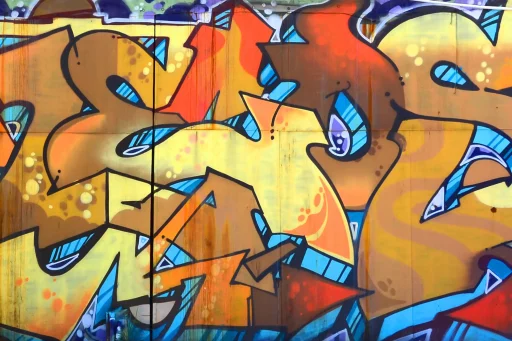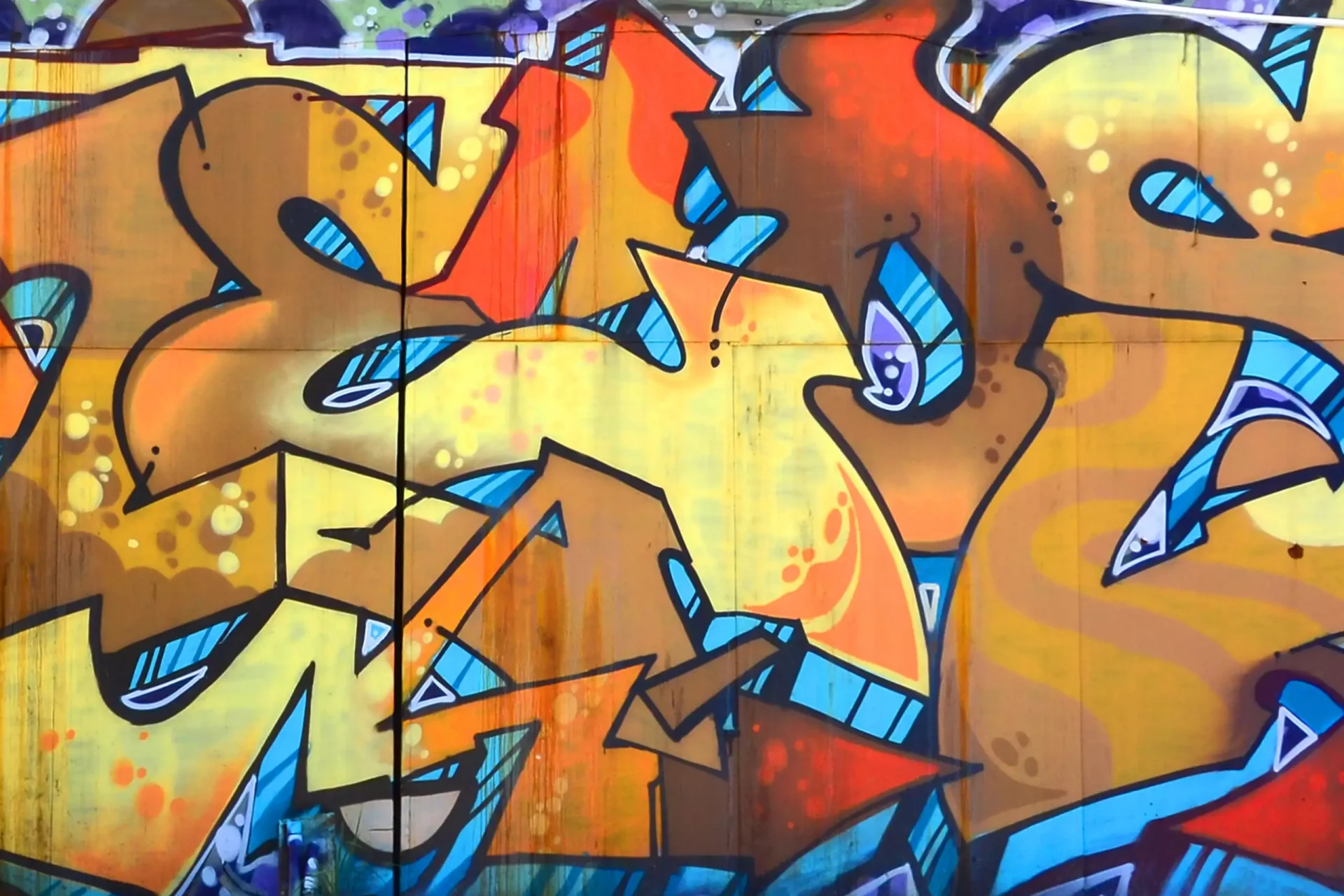Introduction
In the realm of modern slang, the term “mic” has evolved into a multifaceted expression with various meanings, especially in music and entertainment. Derived from the word “microphone,” it has become an integral part of youth culture and social interaction. This article delves into the meaning of “mic” in slang, its origins, usage, and cultural impact.
What Does “Mic” Mean in Slang?
When discussing the term “mic” in contemporary slang, it commonly refers to the following:
- Microphone: Used in the context of music, performance, and broadcasting, it emphasizes the importance of speaking up, taking the stage, or making oneself heard.
- Mic Drop: This phrase denotes a dramatic conclusion, often used after delivering a powerful statement or argument, symbolizing an end to a discussion with finality.
- To “Mic Up”: This reflects the act of preparing oneself for performance, often in the context of entertainment or public speaking.
Origins of the Term
The term “mic” has its roots in the early 20th century as shorthand for “microphone.” First introduced in the music industry, it grew to signify various aspects of performance. As rap and hip-hop emerged in the 1970s and 1980s, the term “mic” began to encapsulate more than just the physical object; it represented a platform for artistic expression.
Examples of “Mic” in Contemporary Usage
Understanding slang often requires context. Here are some scenarios where the term “mic” finds relevance:
- Live Performances: “He grabbed the mic and started an electrifying performance that had the crowd on their feet.”
- Creative Discussions: “Let’s mic up and brainstorm some ideas for our project!”
- Debates or Arguments: “Jane just made a solid point—mic drop!”
The Cultural Impact of “Mic” Usage
The term “mic” has penetrated various facets of digital and pop culture. Numerous elements display its evolution:
- Social Media Trends: Platforms like TikTok and Instagram often feature users displaying their talents via “mic” challenges, further popularizing the term in a youthful context.
- Music Lyrics: Many hip-hop songs reference “mic” to symbolize dominance in the rap game. Artists such as Kendrick Lamar and Eminem often employ the term indicating how they command the stage.
Case Study: The “Mic Drop” Phenomenon
The phrase “mic drop” has become a cultural phenomenon, often used to conclude a statement emphatically. The use of “mic drop” stems from live performances where artists drop the microphone after delivering a show-stopping line. Notably, it gained mainstream traction after various pop culture moments:
- Television Shows: Popular series such as “Parks and Recreation” and “The Office” incorporated “mic drop” moments, showcasing its comedic potential.
- Social Movements: Public speakers have adopted the phrase in speeches during rallies, signifying strong points made when discussing social justice issues.
Statistics on Slang Usage in Our Language
Research indicates that slang plays a significant role in language evolution. According to a study by an online linguistic platform:
- 70% of individuals aged 18-24 use slang terms like “mic” regularly.
- 60% of slang usage occurs in digital communication, showcasing its relevance in social media.
Conclusion
The term “mic” in slang encapsulates a vibrant aspect of youth culture, performance, and social expression. Its evolution from a simple microphone reference to a symbol of power in rhetoric and performance highlights how language adapts to cultural shifts. As we continue embracing digital platforms and diverse artistic expressions, terms like “mic” will undoubtedly remain big players in the slang lexicon.






